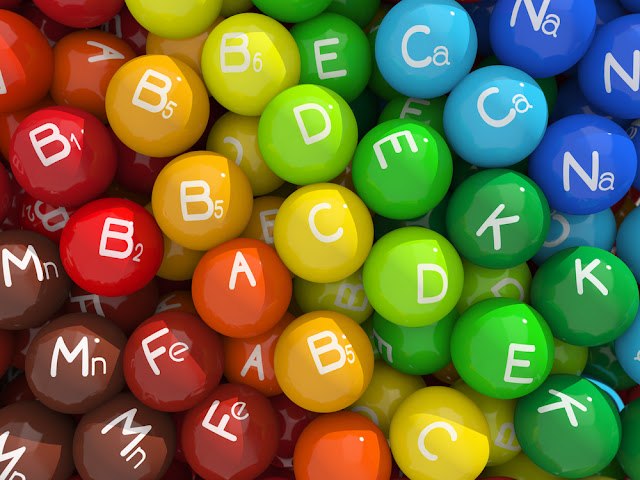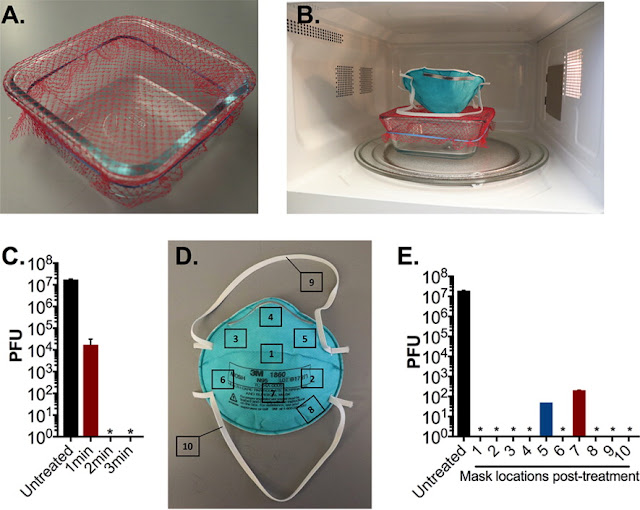Can Vitamin D Protect You During this Coronavirus Pandemic?

Can vitamin D help against COVID-19? Several publications and studies have suggested that maintaining adequate levels of vitamin D would seem potentially beneficial in fighting the COVID-19 infection. We have searched through electronic databases which included PubMed.gov and ClinicalTrials.gov in order to compile and organize the relevant information related to vitamin D and COVID-19. Vitamin D and COVID-19: The Evidence A preprinted study published in June 2020 from Singapore ( CW Tan, MedRxiv 2020 ), among 43 patients age 50 or older who were hospitalised with COVID-19, found that those who were started on a daily oral dose of vitamin D3 (1,000 IU), magnesium (150 mg) and vitamin B12 (500 mcg) within the first day of hospitalisation and continued up to 14 days were significantly less likely to require oxygen therapy and further intensive care. According to an editorial review ( Aliment Pharmacol Ther. 2020 ) published in June 2020 by Irish researchers, people with vitam...






